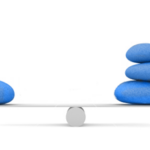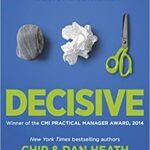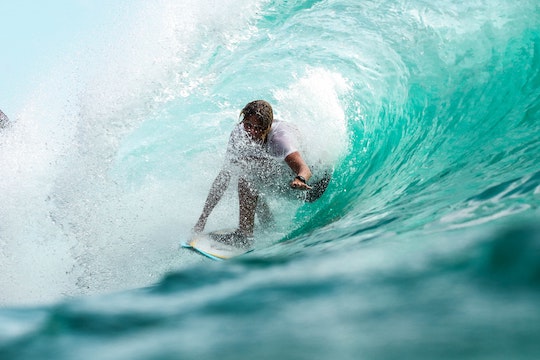“During times of change it is common to look for things we might lose or gain. Considering what will actually stay the same can steady your ship in the frequent rough seas of life.”
Calm App Reflection
How has your life changed in the past few years?
To what degree have you experienced a wild ride of ups and downs?
When this happens on an ocean voyage, sea sickness is often the outcome. It is for this reason modern ships —especially the popular cruise lines — have a variety of stabilizers to help everyone maintain their footing and their meals.
EXERCISE:
What areas of your life seem the most steady and stable?
How do these areas offer you a sense of grounding and centeredness when other parts of your lifeboat may be rocking?














